Please email if any links no longer work
For the updated perspectives and resources on substance and mental health, you can follow my Twitter feed.
Free Treatment Manuals
As with any form of psychosocial intervention. Just because it is "talk" or "behavior" therapy does not mean it is not potentially intrusive or harmful. Please ensure you are competent to offer any service and have received appropriate training and supervision to do so. See your local regulatory college for more information.
Treatment Works for Vets CBT for Substance Use Disorders Manual
Matrix Treatment manuals for outpatient treatment of stimulant use
National Cannabis Prevention and Information Centre - Based out of Australia, there is a multitude of resources on this website including many educational brochures and posters in addition to a therapist guide on helping clients to cut down and quit cannabis use.
More Training in CBT
Christine Padesky is a fantastic presenter who covers basic CBT skills. She is also one of the authors of the seminal book, Mind Over Mood. She regularly offers workshops and her website has many helpful resources on CBT. Workshop information is available here.
The Beck Institute provides training on various CBT skills, as well as CBT for Substance Use. Information on workshops is available at their website here.
helpful books
CBT - General
Mind over Mood - Padesky & Greenburger
Treatments That Work series of CBT manuals - Various Authors
General Substance Use Treatment Issues
Treating Alcohol and Drug Problems in Psychotherapy Practice - Washton & Zweben
Treating Addiction: A Guide for Professionals - Miller, Forcehimes & Zweben
CBT for Substance Use
Applied Cognitive and Behavioral Approaches to the Treatment of Addiction: A Practical Treatment Guide - Mitchesen, Maslin, Meynen, Morrison, Hill, Wanigaratne
Motivational Interviewing
Motivational Interviewing: Helping People Change - Miller & Rollnick
Building Motivational Interviewing Skills: A Practitioner Workbook - Rosengren
Helpful Websites
For more info on evidence-based practices in substance use and mental health:
SAMHSA’s Treatment Improvement Protocols (TIP) - these are guides based on reviews of the literature for common challenges faced in assessment and treatment of substance use disorders. Check out TIPs like TIP 54: Managing Chronic Pain in Adults with or in Recovery from Substance Use Disorders
Health Canada’s Best Practices for Concurrent Mental Health and Substance Use Disorders - This guide was published in 2002 so is now a bit outdated but it is a Canadian specific resource reviewing this topic.
For assessment and/or monitoring outcomes:
Check Your Drinking Survey - This is a great Canadian website to use with clients to evaluate and compare their current alcohol drinking habits to norms for others who are the same age and gender. Tailored information about health and financial costs of drinking are also tallied.
Rethinking Drinking - This is a US based website that outputs similar information to above, but uses US norms.
University of Washington's Substance Use & Screening Assessment Instruments Library - find specific measures to track progress with your clients, or measures for your study.
Gambling related measures available from the University of Calgary's Addictive Behaviors Laboratory
Know Mo - A website devoted to mental health and addictions information in Alberta. Its Resource Library is particularly good for different tools and measures
Institute of Behavioral Research Forms Library at TCU has many different forms and measures for clinical use.
For readings to give and/or use with clients:
See also the Resources for Clients section of this website
BC Here to Help - A fantastic resource of pamphlets and self-help tips. Their four page brochure on Relapse Prevention is quite good. However, make sure you know about cautions of using self-help materials with clients. Despite our best intentions, there are risks to their use as well. See Good Practice suggestions here for more guidance.
Contingency Management Programming
Contingency Management Strategies and Ideas- TCU has a number of tips for using this powerful intervention with clients and within programs
Promoting Better Awareness of Motivational Incentives is another website with resources for using Contingency Management interventions
Clinician's Guide for Implementing Contingency Management Programs - an extensive guide for using Contingency Management
Motivational Interviewing
Motivational Interviewing Network of Trainers - Probably the most comprehensive website you'll find on the topic. Check out the resource library here!
Motivational Interviewing Tips and Techniques handout from Sobell & Sobell, 2008
SAMHSA TIP #35 on Enhancing Motivation for Change in Substance Use Treatment
Motivational Interviewing Reminder Card: Am I doing this right? From the Centre for Evidence Based Practices
Substance Use & Brain Injury:
Substance Use Brain Injury Bridging Project - The main website (subi.ca) seems to be down (as of April 2016) but the client workbook is available here.
TBI staff training - a website with lots of information for finding out more about working with clients with traumatic brain injuries
Ohio Valley Brain Injury Prevention and Rehabilitation - many resources are available for both clients and practitioners
Other:
Erowid - Erowid is a website with information submitted by users regarding various substances. Have a client using something that you’re not familiar with? Check out this website.
Drug Identification Guide - Developed by the Sunshine Coast Health Centre in BC this guide reviews common substances and indicators of use.
Portico Network - this site aims to connect web resources across Canada about mental health and addiction. It has resources about treatments and services but also tools for health professionals as well.
Prescription Pixel - a resource aimed at computer gamers to provide education and support around mental health issues. There are forums to share mental health experiences, lists of games that some people find helpful during tough times, lists of games about mental health, in addition to info and resources about mental health in general.
Keely Kolmes - This is a Psychologist who is an expert in Social Media - as well as ethical considerations regarding these new technologies. My current social media policy is based on her excellent version from her website.
resources for clients
See the Client Resource section of this website.
Did you know there many forms of peer support outside of traditional 12-step meetings? Do you know what happens in these peer support meetings? Find out!
Here is a list of a just few addition specific peer support organizations you may want to know about:
Often these organizations have great websites, and sometimes you may be able to attend as a 'guest' to certain meetings. Meetings- and how a client reacts to each- can vary greatly. In suggesting peer support groups to any client, make sure they have the right resources to decide if a peer support group is right for them and their particular needs. Here is just one handout (there are many out there) on how to find a helpful peer support group.
resources for family members and loves ones affected by substance use
See the Resources for Families section of this website.

